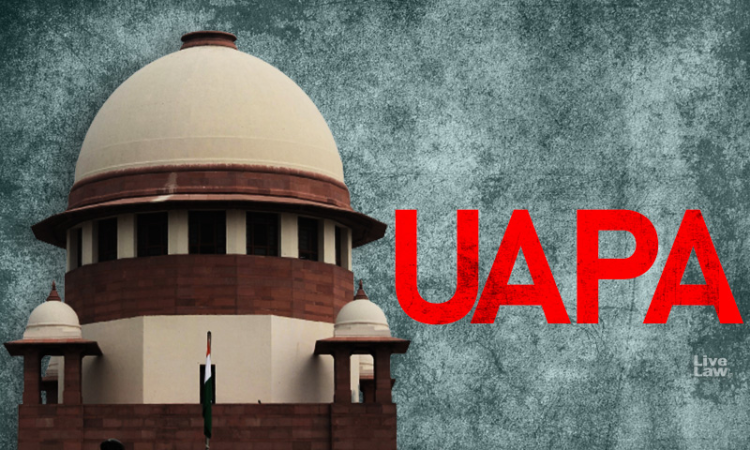Supreme Court Issues Notice On Kerala Govt Plea To Restore UAPA Charges Against Alleged Maoist Leader
Shruti Kakkar
12 Aug 2022 2:13 PM IST

Next Story
12 Aug 2022 2:13 PM IST
The Supreme Court on Friday issued notice in a petition preferred by the State of Kerala against Kerala High Court's order of discharging alleged Maoist leader Roopesh accused of charges under Unlawful Activities (Prevention) Act and sedition under Section 124A (sedition) of the Indian Penal Code on the ground of irregularities in the order granting sanction for prosecution. The bench...
